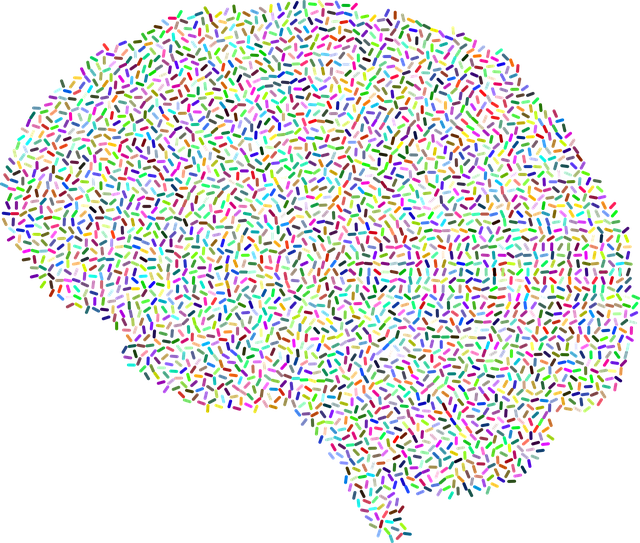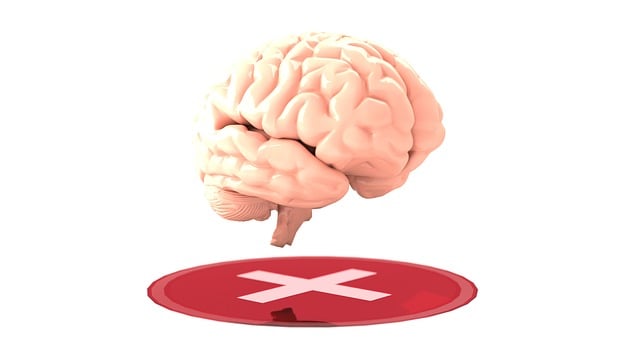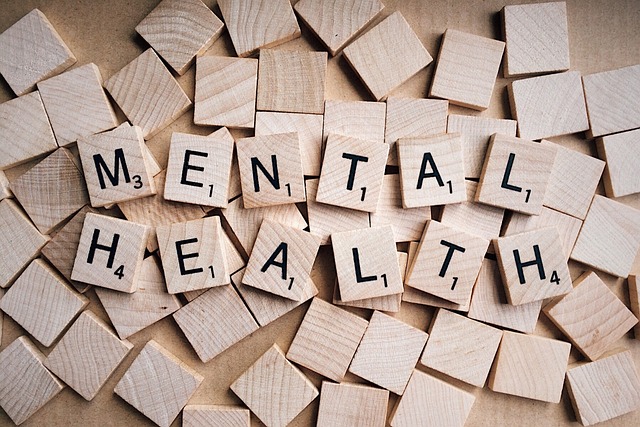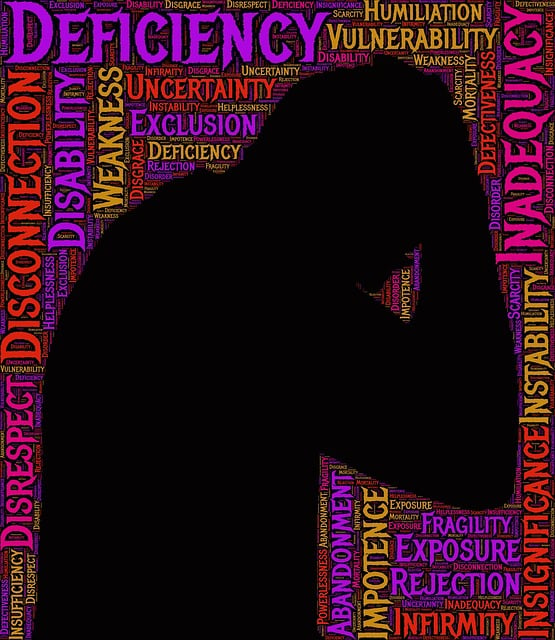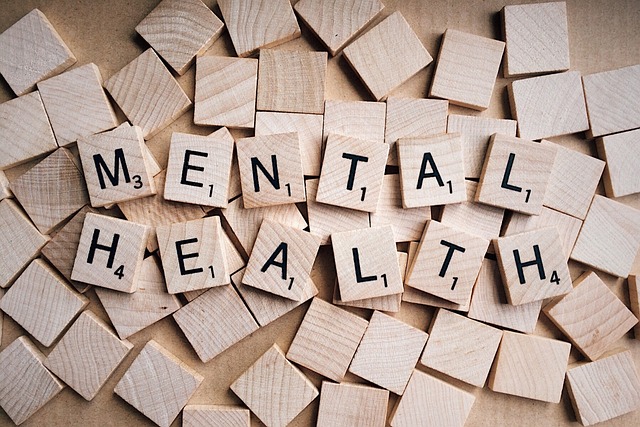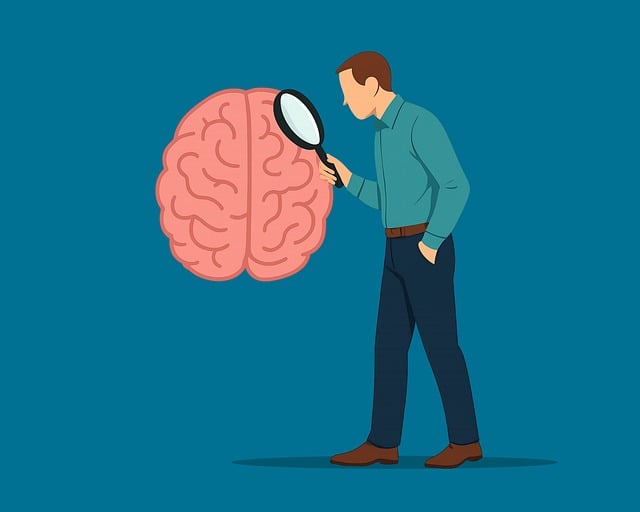Cultural competency in healthcare is vital for an increasingly multicultural society, with specialized training empowering providers to understand and respect diverse patient backgrounds. This is crucial for addressing challenges like Parker Relationship Issues Therapy, where cultural nuances impact therapy outcomes. Effective training focuses on self-awareness, empathy, and tailored communication exercises for diverse populations, enhancing accessibility and benefits such as improved patient satisfaction and adherence to treatment plans. Integrating interactive workshops, case studies, and role-playing scenarios, along with risk management planning and public awareness campaigns, ensures healthcare providers are skilled in navigating complex interpersonal dynamics, ultimately leading to better patient care and satisfaction.
Healthcare provider cultural competency training is an essential component of modern medical care, addressing diverse patient populations’ unique needs. This article explores the growing necessity of such training, highlighting the benefits of culturally competent care and its potential to improve outcomes. We delve into challenges like Parker Relationship Issues and cultural barriers in therapy, offering insights on designing effective programs. Additionally, implementation and evaluation strategies ensure successful training that fosters inclusive healthcare environments.
- Understanding Cultural Competency in Healthcare: The Need for Training
- Defining Cultural Competent Care and Its Benefits
- Identifying Challenges: Parker Relationship Issues and Cultural Barriers
- Designing Effective Training Programs for Healthcare Providers
- Implementation and Evaluation Strategies for Successful Cultural Competency Training
Understanding Cultural Competency in Healthcare: The Need for Training

Cultural competency is an essential aspect of modern healthcare that involves understanding and respecting diverse cultural backgrounds, beliefs, and values among patients. In a society becoming increasingly multicultural, healthcare providers need to be equipped with the skills to deliver effective care that considers these differences. This is where specialized training comes into play, ensuring professionals are prepared to navigate complex cultural landscapes.
The need for such training is evident in various scenarios, including Parker Relationship Issues Therapy, where cultural nuances can significantly impact therapy outcomes. Different cultures have unique perspectives on interpersonal relationships and family dynamics. Without cultural competency, providers may misinterpret patient concerns, leading to misdiagnosis or ineffective treatment plans. Therefore, training should focus on enhancing self-awareness, encouraging empathy, and providing tools for effective communication across cultures. This includes Stress Management Workshops Organization, Confidence Boosting exercises, and Self-Awareness Exercises tailored to diverse populations, ensuring healthcare remains accessible, accepting, and beneficial to all.
Defining Cultural Competent Care and Its Benefits

Cultural competent care refers to the ability of healthcare providers to understand and appreciate the cultural backgrounds, values, beliefs, and practices of their patients. It involves creating an environment where individuals from diverse communities feel respected, accepted, and understood. This approach ensures that medical services are tailored to meet the unique needs of each patient, fostering better health outcomes.
By promoting cultural competency, healthcare providers can address various benefits. For instance, it enhances communication, leading to improved patient satisfaction and adherence to treatment plans. It also helps in identifying and addressing Parker relationship issues therapy patients might face due to cultural barriers. Moreover, culturally competent care encourages the adoption of self-care routine development for better mental health, compassion cultivation practices, and emotional well-being promotion techniques, ultimately contributing to a holistic improvement in patient health and quality of life.
Identifying Challenges: Parker Relationship Issues and Cultural Barriers

In the realm of healthcare provider cultural competency training, identifying challenges like Parker Relationship Issues and cultural barriers is a crucial step forward. These issues often stem from miscommunication or lack of understanding between healthcare providers and patients from diverse backgrounds. For instance, Parker Relationship Issues Therapy highlights the complexities that arise when there’s a disconnect between cultural expectations and medical practices, leading to potential trust gaps and poor health outcomes.
Delving into these challenges requires self-awareness exercises within the training programs. Mental Health Awareness plays a pivotal role here, ensuring healthcare providers are equipped not just with medical knowledge but also with the skills to navigate Parker Relationship Issues sensitively. By integrating these exercises, the training fosters an environment where providers can openly discuss and manage cultural barriers, thereby enhancing patient care and satisfaction.
Designing Effective Training Programs for Healthcare Providers

Effective training programs for healthcare providers should be tailored to address diverse cultural needs and foster a deep understanding of various communities’ unique challenges. These programs must go beyond basic cultural awareness; they aim to equip professionals with practical skills to navigate complex interpersonal dynamics, such as those involving Parker Relationship Issues Therapy. Incorporating interactive workshops, case studies reflecting real-world scenarios, and role-playing exercises can enhance learning outcomes.
Moreover, integrating topics like risk management planning for mental health professionals ensures providers are prepared to handle sensitive situations ethically and professionally. Public awareness campaigns development and coping skills training also play a crucial role in promoting cultural sensitivity by enhancing communication strategies and empathy. These comprehensive approaches contribute to better patient care and satisfaction across diverse healthcare settings.
Implementation and Evaluation Strategies for Successful Cultural Competency Training

Implementing cultural competency training within healthcare organizations requires a structured approach and continuous evaluation to ensure effectiveness. One key strategy is to integrate interactive and engaging methods that cater to diverse learning styles. Role-playing scenarios, for instance, can facilitate the exploration of Parker Relationship Issues Therapy techniques, allowing participants to practice mindful communication and empathy in real-life contexts. This hands-on approach fosters self-awareness exercises, enabling healthcare providers to recognize their own cultural biases and beliefs while developing coping skills to navigate complex patient interactions.
Evaluation is another vital component, measuring both the process and impact of training. Pre- and post-training assessments can gauge knowledge retention and skill application using validated tools. Additionally, collecting feedback from participants through surveys or focus groups provides insights into their experiences, identifying areas for improvement. By combining these strategies, healthcare institutions can tailor their cultural competency programs to address specific needs, ensuring that providers are equipped with the mind over matter principles necessary to deliver culturally sensitive care.
Healthcare provider cultural competency training is not just a recommended practice, but an indispensable tool in modern medical care. By addressing Parker Relationship Issues and other cultural barriers through comprehensive programs, healthcare organizations can deliver more effective, patient-centered care. Implementing these training strategies ensures that providers are equipped to navigate diverse patient populations, fostering better outcomes and stronger relationships. In today’s interconnected world, this is not just a priority – it’s essential for equitable access to quality healthcare for all.

